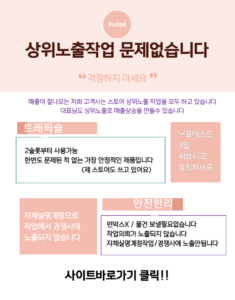Corporate taxi – 법인 택시
Corporate taxi – 법인 택시
Corporate taxi
Operated by the investment of union members…It’s less burdensome than the private payment
Taxis in the form of cooperatives are increasing in North Chungcheong Province.
It is interpreted that the legally mandated “full management system,” or salary system
Has returned to the burden of both employers and users and is seeking self-rescue measures.
Since the first joint union taxi was launched in Jeungpyeong in March 2022 in the
Chungbuk corporate taxi industry on the 5th, two more Cheongju have been added this year.
A total of four joint union taxis are in operation, including the launch of a new joint union led by Youngjin Taxi on the 20th.
The explosive increase in joint union taxis this year is attributed to a decrease in profitability
Due to a low rate of taxi fare increase compared to prices and wage growth.
The inflow of new articles also decreased for the above reasons.
The number of corporate taxi licenses in the province is 2,351, but only 1,752 taxis (74.52%) are operated.
In particular, Cheongju City, which has the largest number of taxi licenses, operated only
1,114 out of 1,564 cars, accounting for only 71.22%.
As the situation worsened, some corporate taxi companies were forced to close their businesses.
Corporate taxi companies that operate normally are also considering closing their businesses.
In the past, the corporate taxi industry has survived in the form of companies
Corporate taxi

Owning commercial vehicles, garages, and repair shops and hiring drivers.
In the process, the company suffered losses due to deviations of some drivers
(such as non-business after receiving the vehicle), and labor and management agreed to introduce a
“private payment” system to solve the problem.
The company demanded the minimum income (160,000 won per day as of 2023)
From drivers who went out of business to manage absenteeism and prevent damages.
The private payment system seemed to be working well in the intended direction at first
But it became the core of labor-management conflicts due to a decrease in passengers
And an increase in card sales due to an increase in private cars.
Corporate taxi
The government has taken out the mandatory management system as a card to resolve labor
Management conflicts. This came as a burden to the taxi industry.
Local governments also have little or little authority to decide taxi fares
Causing the company to suffer from financial difficulties as the company is, and drivers are not as profitable as the article is.
In this situation, the local taxi industry has considered cooperative-type taxis as a self-rescue measure.
Cooperative taxis are operated in the form of using each member’s investment
(an average of 45 million won in Chungbuk) to own the 스마트스토어상위노출
Union members can earn as much profit as they operate regardless of business hours.
However, since the vehicle owner is a union, the union member must pay less than
1 million won in the name of monthly insurance premiums and operating expenses
And the union member must also be responsible for the cost of replacing oil and consumables.
Compared to the private payment system, an increase in income can be expected on the premise that they worked hard.
An official from the local taxi industry said, “Except for the four joint unions mentioned above
We know that at least two joint unions are preparing to be launched,” adding
“If the taxi industry wants to coexist with each other, it can be a good option.” / Reporter Shin Woo-Sik